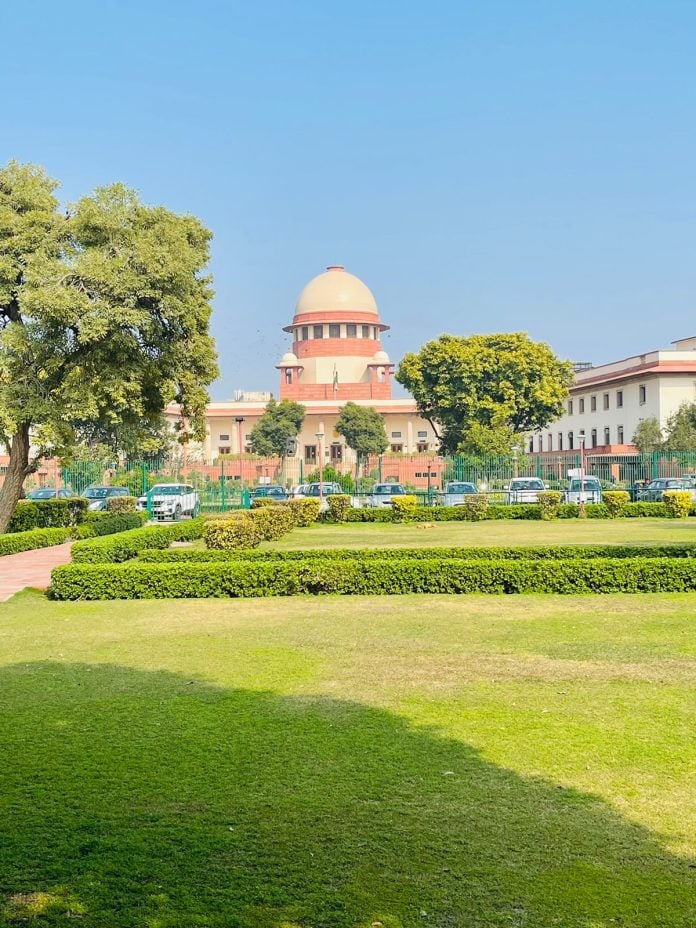The Supreme Court on Friday dismissed a petition filed by a lawyer, challenging a Karnataka High Court decision that upheld his conviction in a dowry case.
The bench of Justice Surya Kant and Justice J.B. Pardiwala observed, “It all started when this lady delivered a girl child, so unfortunate. You have ruined the life of not only your wife, but that innocent child you brought to this world, very unfortunate that’s the society we live in… 19 years you didn’t care about your wife, your child.”
As per the case, the petitioner was convicted under Section 498A of IPC and Section 3 & 4 of the Dowry Prohibition Act.
The Additional Civil Judge, Gulbarga had convicted the lawyer under Section 498A of IPC and Section 3 & 4 of Dowry Prohibition Act. He was awarded rigorous imprisonment for a period of five years and directed to pay fine of Rs 1.75 lakh, along with his parents, who passed away recently.
The conviction was upheld by the Additional Sessions Judge and later by the Karnataka High Court.
His wife had lodged an FIR, alleging that the lawyer had demanded dowry in the form of gold and cash. After marriage, he demanded additional dowry and started ill-treating her after the girl child was born. The woman then returned to her parental house.
Sonia Mathur, Senior Advocate appearing on behalf of the husband, submitted that the marriage subsisted for two years. As per the complainant, she was very happy till the child was born, which was after 15 months of marriage.
Justice Surya Kant said, “We should send one signal to the society… because this is one case where all courts have consistently examined, evaluated the evidence and the High Court even went to the extent of forming a question of law… read her statement she is such an innocent lady.”
After considering all the depositions, the Karnataka High Court held that the witnesses consistently stated regarding the demand and payment of dowry. Minor discrepancies in the evidence must be ignored. Hence, the court found that the prosecution was successful in proving the guilt of the accused.
The Senior Counsel asked the bench to consider the matter under the provisions of The Probation of Offenders Act, 1958 to which the bench denied and stated, “It is better to acquit the person in this kind of offence instead of… this will have a very drastic and cascading effect on the society.”
The bench realised that the petitioner has not been paying towards the expenses of the wife and the girl child.
Case title: Mallikarjun vs The State through SHO Mahagaon Police Station


